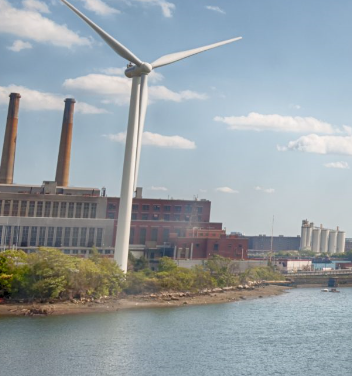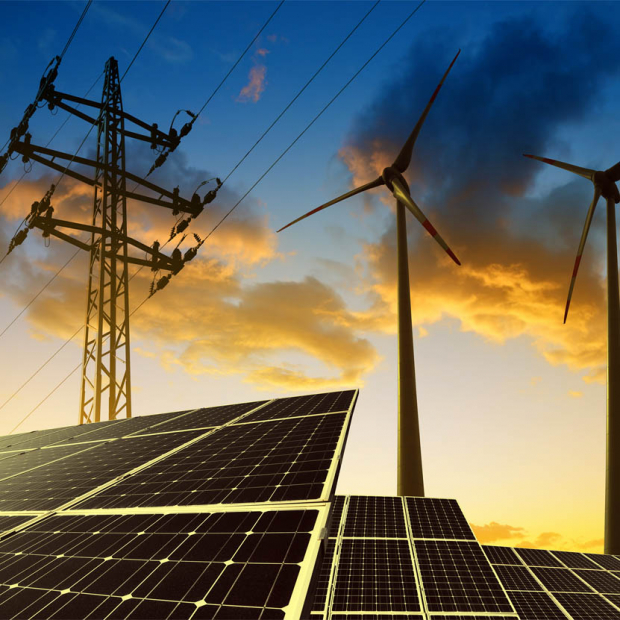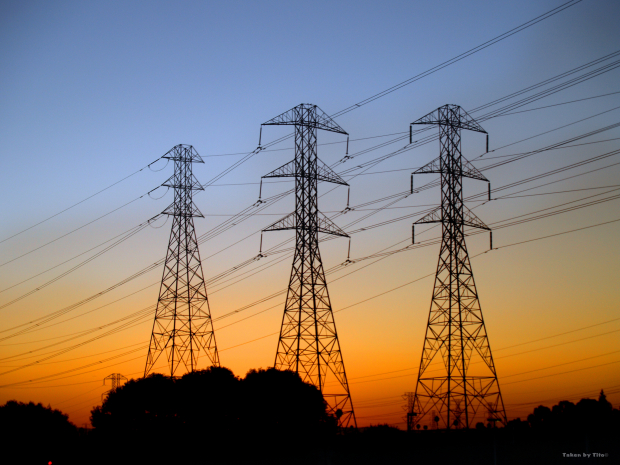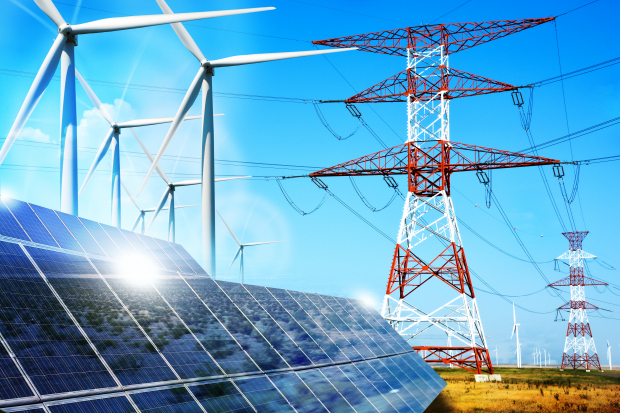
Community Energy
Concern about the efficiency, sustainability and resilience of energy systems has expanded in recent years from electric utility programs to much broader community-based efforts. We see this shift occurring across the US, as residents increasingly push for local, regional and state initiatives to reduce greenhouse gas emissions, address climate change and provide more livable and sustainable communities for current and future generations.
Our services focus on evaluation and investment decision support for clean energy and green economy development. Our approach is unique in expanding analysis to incorporate wider economic factors and economic consequences. Our program planning analysis services consider how emerging changes in regional demographics and economic patterns can interact with technology and climate change to affect economic growth impacts and opportunities, as well as public and private investment and workforce training needs. Our program evaluation services consider how well existing programs are attuned and responsive to these emerging changes, as well as effective behavioral strategies to achieve success.
Examples
Evaluation of Clean Energy Community Programs. EDR Group (now EBP) conducted a two-year evaluation of the Metropolitan Area Planning Council (Boston area) portfolio of community-oriented energy programs. This included from technical assessments of community energy needs, integration with the Massachusetts Green Communities Program, local Community Choice Aggregation (for energy purchasing) and various local community energy efficiency initiatives. The evaluation also examined the effectiveness of critical strategies and approaches used to inform, motivate, enlist and assist community officials and residents to tackle sustainability and resilience concerns and to achieve change from the bottom up.
Community Choice Energy (CCA) Programs. EDR Group (now EBP), with MRW, developed economic impact models to assess the expected economic impacts of Community Choice Energy Aggregation programs planned or proposed for a variety of cities and counties in California. These programs allow a city, county or partnership of communities to purchase or self-generate lower carbon emitting energy, invest in their own renewable generation, and deploy additional energy-efficiency. Separate studies for the City of Long Beach, Alameda County and Contra Costa County each assessed job impacts resulting from electricity rate changes, and the shift from existing generation and distribution systems to lower carbon technologies.
Evaluation of Community-Based Energy Efficiency Program in Low Income Communities. EDR Group (now EBP) developed an evaluation methodology for a pilot anti-poverty energy program operated by EBP, for the town of Renca, located outside of Santiago, Chile. The first of its kind in Chile, this program provides installation of energy efficiency measures, education on best practices, and behavioral changes promoting energy efficient lifestyle in a low-income population.
Community Energy Initiative. EBP US's Mike Sherman, formerly of EDR Group, conducted a “Lessons Learned” study for the Cambridge Energy Alliance, a consortium of foundations that funded a pioneering municipal-based initiative to seek broad energy savings and Greenhouse Gas emissions reductions. He assessed factors affecting outcomes of the five-year Community Energy Efficiency initiative and lessons learned from comparable efforts in other cities.
Projects for Community Energy





